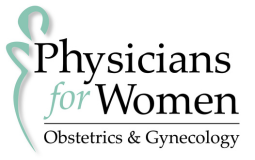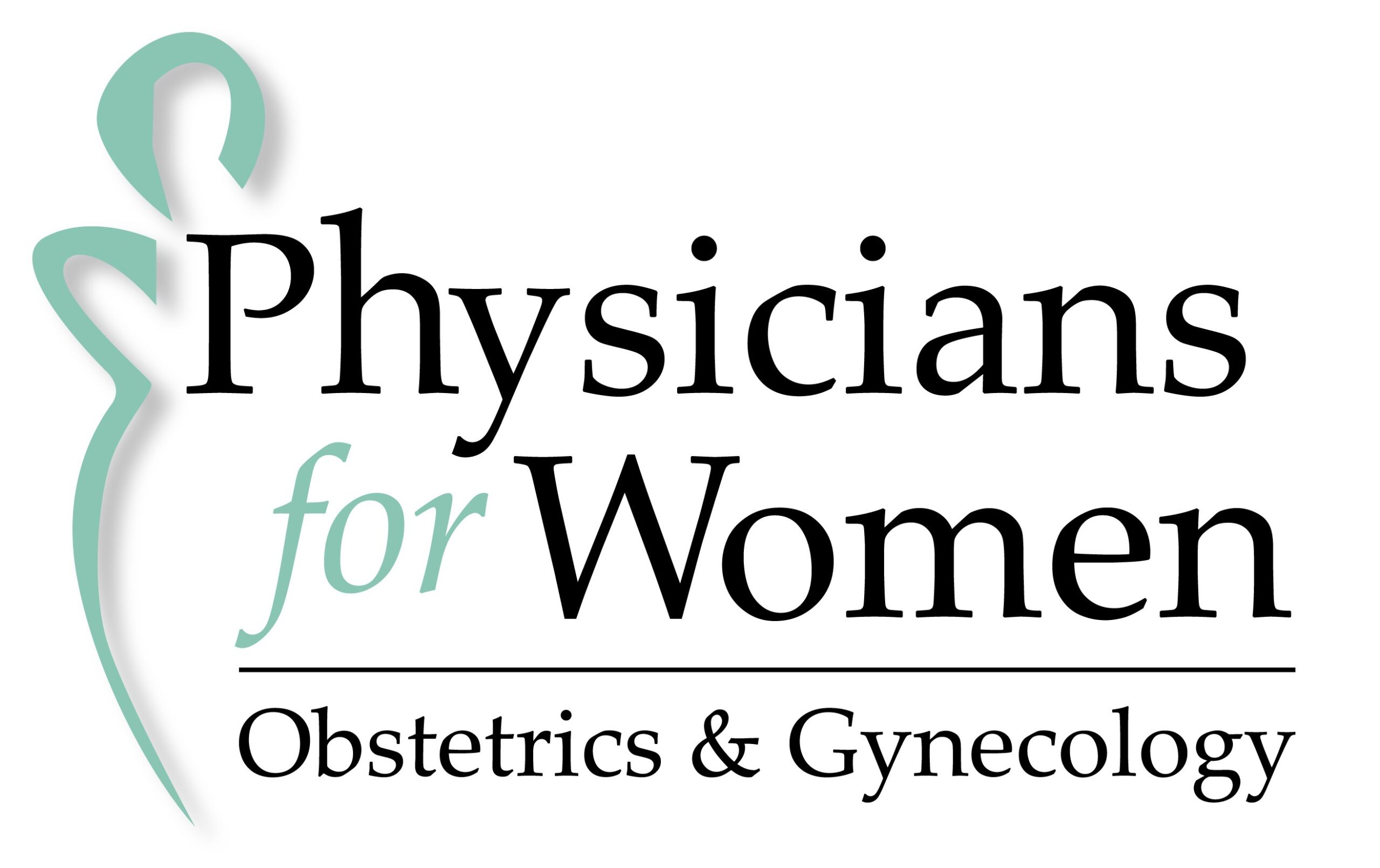Roughly 10% of women and girls of reproductive age experience endometriosis, with many cases going undiagnosed. Pain caused by the internal bleeding is often brushed off as normal menstrual cramps or misdiagnosed entirely, which is why it’s important to find a specialist who listens to you and recognizes the symptoms, however subtle.
Physicians for Women in Madison, Wisconsin, provides dedicated care from a team of experienced gynecologists. We can diagnose endometriosis and recommend treatment options.
Endometriosis Basics
Endometriosis is a common gynecological condition, affecting nearly 200 million women around the world. It occurs when the the cells that make up the lining of your uterus, known as the endometrium, begin to grow outside of the uterus.
Endometrial cells can grow in many areas of the pelvis, including the ovaries, bowels, bladder, fallopian tubes, and even the rectum. When your menstrual cycle begins, this tissue breaks down and tries to shed, but there’s nowhere for the blood or tissue to go.
The muscle tissue around the cells contracts, trying to get rid of the tissue, just as your uterus does. These cramps can cause pain ranging from mild to severe.
Left untreated, endometriosis may lead to internal scarring and infertility, as well as chronic pain and heavy bleeding. However, it often takes years to diagnose endometriosis, and some women struggle to find doctors who take them seriously.
Symptoms of Endometriosis
At Physicians for Women, our team believes in approaching every patient with empathy. During your consultation, be sure to mention all symptoms you experience throughout the month, especially in the days leading up to, during, and after your period.
Common Symptoms
Everyone experiences endometriosis differently, depending on where the endometrial tissue has attached itself. Common symptoms include:
- Increased pain
- Bleeding and cramping between periods
- Lower back pain
- Painful intercourse
These aren’t all you should be talking to your doctor about, as many of these symptoms often point at other diagnoses. Make sure you cover any other health problems you have, even if you’re not sure they’re directly connected to your bleeding and pain.
Subtle Symptoms
Endometrial cells attached to the bladder, bowels, and other organs can also cause more subtle symptoms, such as:
- Digestive and Bowel Disturbances
Often mistaken for irritable bowel syndrome, many women struggle with digestive issues in the days surrounding their period. This might include stomach upset, painful bowel movements, and acid reflux. - Blood in the Stool or Urine
While the issue should be taken to your doctor regardless of whether you think endometriosis is to blame, blood in the stool or urine can occur if the endometrium bleeds into the bladder or rectum. - Severe Pain During Ovulation
Mild discomfort during ovulation, known as mittelschmerz, isn’t uncommon. However, if you feel severe pain on both sides during ovulation, it might be a sign of endometriosis. - Sciatica and Tailbone Pain
Sometimes, an endometrial implant can end up as far as your tailbone or sciatic nerve, which can lead to a literal pain in the butt. If you experience tailbone pain and sciatica associated with your menstrual cycle, be sure to mention it.
The team at Physicians for Women shows compassion and understanding as we diagnose and treat your condition. To learn more, call 608-227-7007 or book an appointment online.

